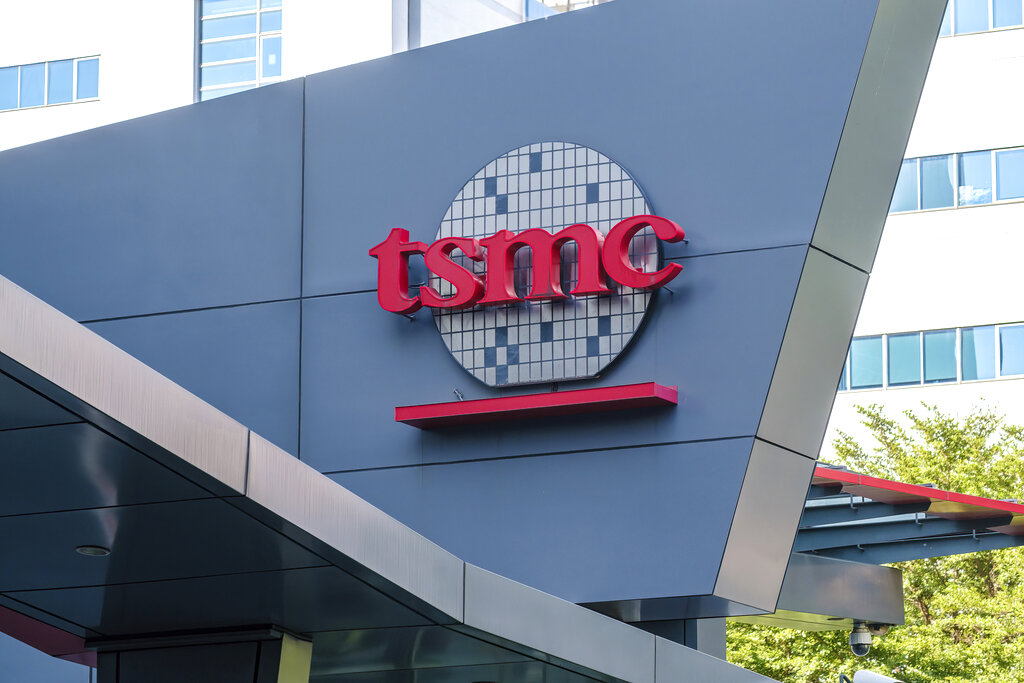Kate Lin: Hello, and welcome to our new, limited time series, The Morningstar Asia Outlook for 2023, where we interview our research analysts about their forecasts for the year ahead. I'm Kate Lin, a data journalist based in Hong Kong. Today, we're talking about semiconductors. At a time when the global semiconductor industry is facing inventory adjustments and the U.S. government has taken aim at China's access to advanced chip technology, our coverage of Asia's semiconductor names is all in the red. Today, Phelix Lee, Equity Analyst at Morningstar, is here to tell us if he thinks this will continue.
Hi, Phelix. How will the chip names in Asia deal with a wide shortage turned glut situation?
Phelix Lee: Hi, Kate. So, what we see right now in the chip names is that many of them have reported weakness in the PC, smartphone and other consumer markets. So, as a result, TSMC as well as other foundries have cut their capital spending budget accordingly. We see this to be quite pervasive, both in the foundry names as well as the memory names such as Samsung. Apart from cutting capital spending, we also noticed that some foundries are letting their staff to take additional holidays in order to mitigate some of the impact.
Lin: So, most recently, global investors like Warren Buffett are beating their positions in names like TSMC, which has since rallied by 30% from its low. Is this an indication that chip names have turned around?
Lee: Well, I would stay, some of the rally from the low 30% – the 30% rally from its low is partly infused by a slightly moderating geopolitical landscape between the U.S. and China. So, back in G20, Biden and Xi made some dialogue in order to provide a framework for a constructive and positive competition. However, I think, there's still room to rally, because the rally itself doesn't really price in a material improvement in semiconductor fundamentals.
Lin: Right. While concerns about an oversupply remain, what else should investors be mindful of?
Lee: Other than the oversupply, I would say, capital spending in the next one to two years would be a focus given that a lot of foundries are building new capacity in a different way than before. Previously, it was very centered in Taiwan and China. But now, we see a more globalized footprint such as in the U.S. and Japan. We also see some incremental pressure possible in 2023 when automotive growth slows down.
Lin: You also mentioned the geopolitical developments between the U.S. and China? How would that play out in 2023?
Lee: Well, based on the current developments, I would say the market is already quite bearish on how the geopolitical developments will go in the U.S. and China. Right now, at least, we see that the likelihood of that to worsen is lower than say two to three months ago. And also, in China, domestically, we also see green shoots of development, which is more business-friendly than say about three to six months ago.
Lin: So, based on this observation, do you think the divide will actually be financially positive for names like the mainland's SMIC, or will it be a roadblock for them?
Lee: SMIC will suffer the most impact from the new U.S. export controls. So, I think, it will be least positive financially for SMIC, because their ability to acquire new and advanced equipment will be affected. For the other foundries in Taiwan and the U.S., it should be more positive in 2023.
Lin: I see that you are more positive on some Taiwan names because of the geopolitical development. So, what about TSMC's position? It is a near monopoly. Will this hold in 2023? What's your outlook on it?
Lee: TSMC's monopoly in the industry is both technological and also in terms of the most advanced capacity. So, I would expect that to hold in 2023, given that new capacity from Samsung, Intel is quite limited, especially when compared to the scale of TSMC. Next year, we have slightly trimmed our short-term high-performance computing assumptions because of some of the short-term impact, while some customers are redesigning their chips in order to comply with U.S. controls. But overall, we're still quite positive on TSMC.
Lin: Right. Besides TSMC, are there any other names that you cover that you rate highly?
Lee: Well, for United Microelectronics, or UMC, we also like this stock because it is trading at a meaningful discount to our fair value estimate. We think the market is quite bearish on the stock because it is quite worried that some of the long-term agreements will not hold, and also, it's quite bearish on the utilization in the near term. So, right now, we think most of the negatives are already priced in for UMC. So, we think the expectations are low enough to present to be an entry point.
Lin: Right. Thank you, Phelix. More analysts from Asia offices are going to join me in a chat about the year 2023. Stay tuned.











.png)





.jpg)





